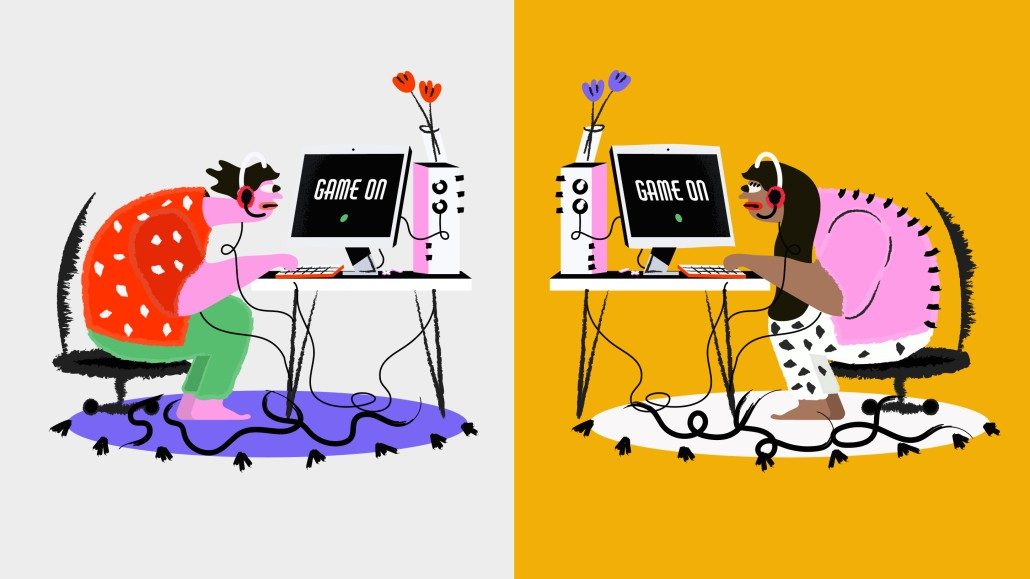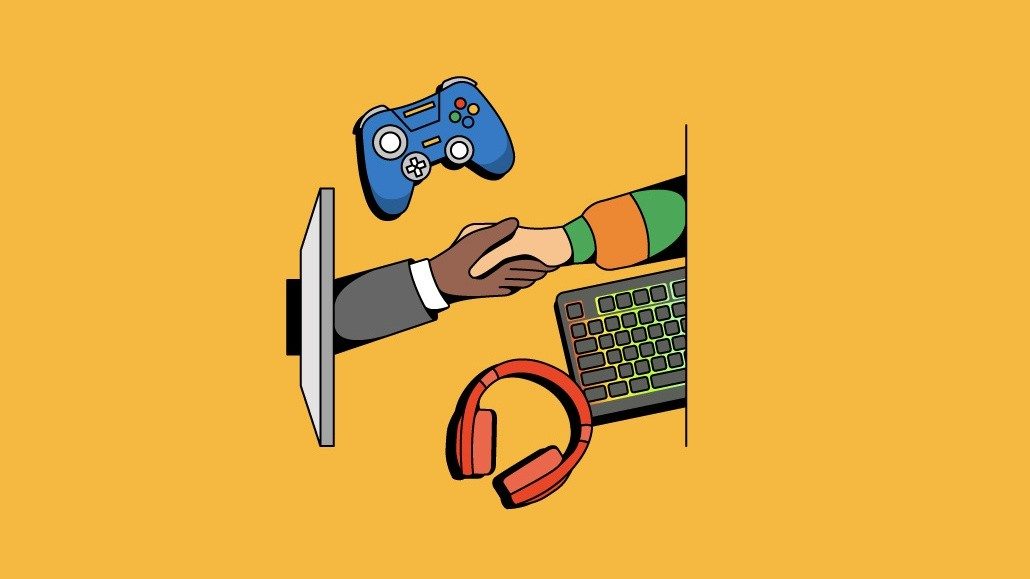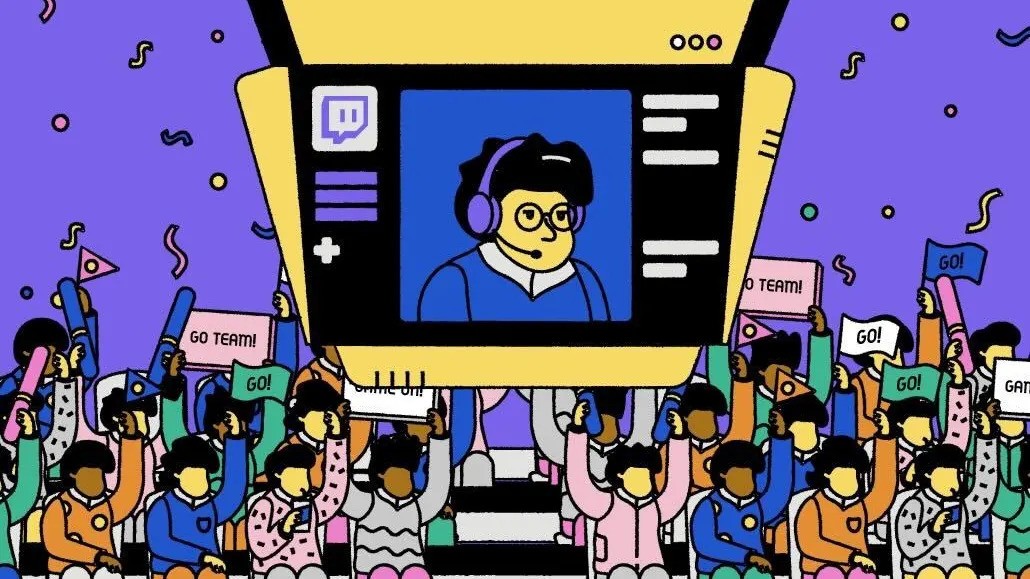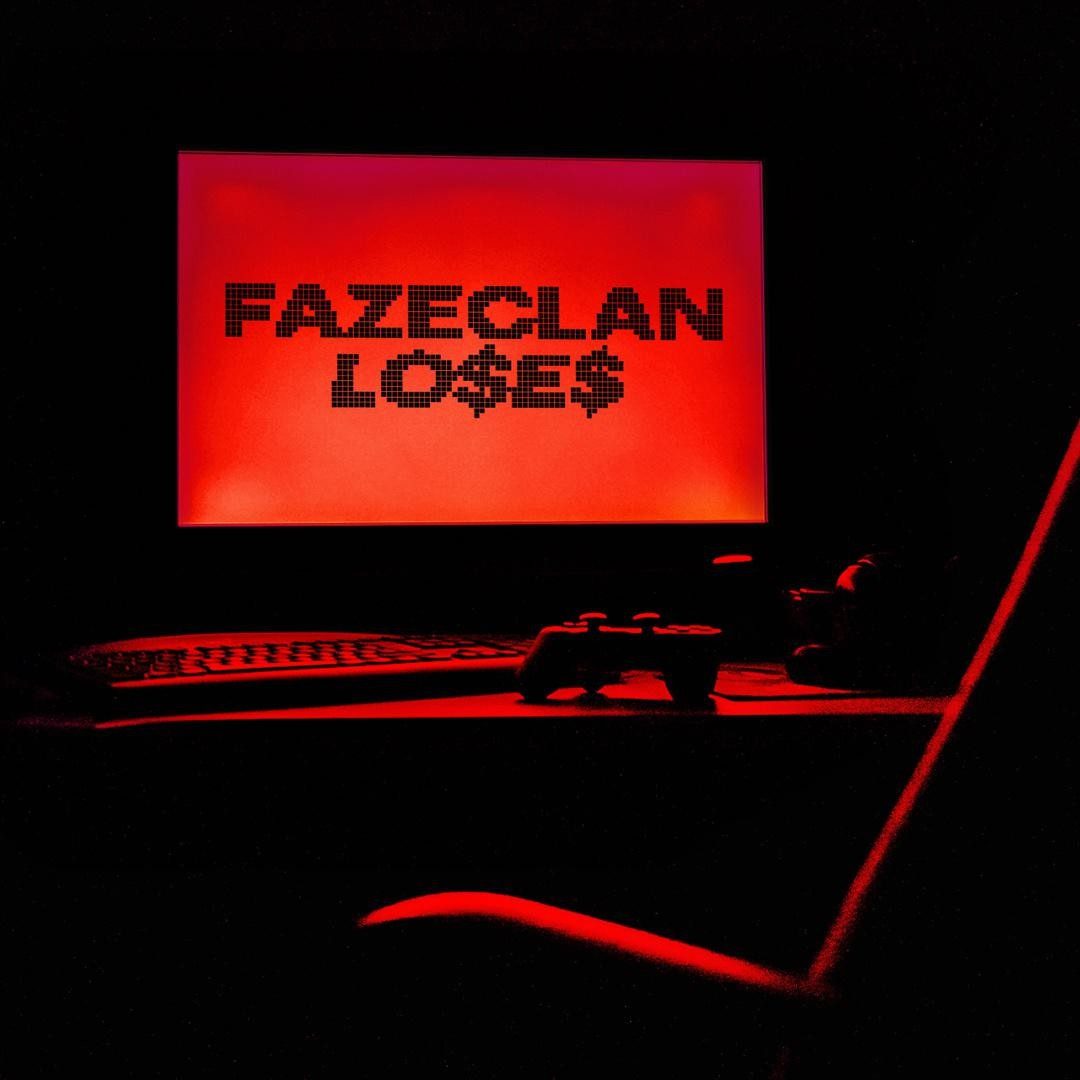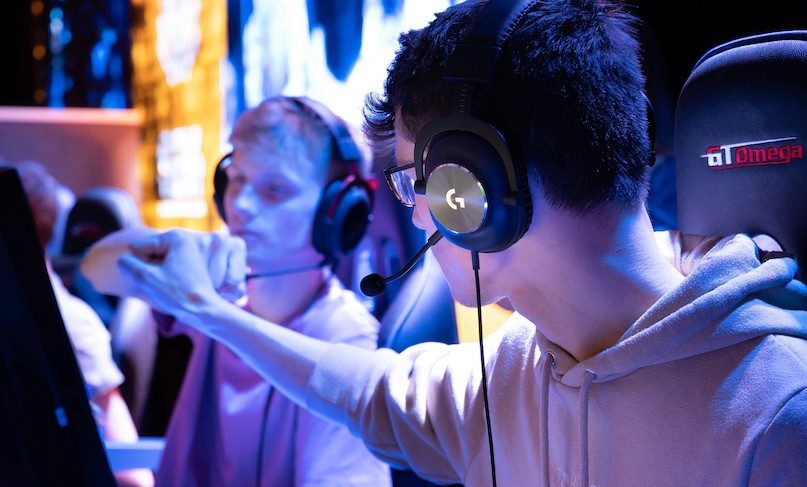‘We’re all content businesses’: esports teams borrow from the media owner’s playbook in search for new revenues is an article published by Digiday on 15th February 2021 that Strive’s Managing Director, Malph Minns, contributed to.
‘We’re all content businesses’: esports teams borrow from the media owner’s playbook in search for new revenues
The esports companies of tomorrow will look something like the entertainment businesses of today.
It took a global pandemic, but these esports players are finally starting to make the pivot to media they’ve coveted for years — and it’s all being done with a greater sense of urgency given the emerging opportunities.
In the last seven weeks alone, there have been partnerships between esports teams and global lifestyle brands, gaming stars signed to the biggest talent agencies and merchandise deals that wouldn’t look out of place in the NFL — proof that gaming is the furthest it’s ever been into mainstream culture. Naturally, these companies want a share of the spoils.
“Gaming teams are very similar to digital media companies at the end of the day in the sense that the content generated by one of our professional gamers or influencers isn’t dissimilar to how Vice or Bustle work,” said Rohit Gupta, co-founder and chief product officer at esports organization Andbox. “We’re all content businesses. We’re looking at what those companies do to innovate when it comes to customer acquisition as well as retention.”
Of course, esports is important to these organizations. But increasingly, they’re part of a wider corporate plan to make money from influencers on Twitch, ads on YouTube and selling shows to ESPN. It’s no surprise, then, to see organizations like FaZe Clan double down on parts of the media business they can own.
Cue a tussle for talent — something esports teams often have complete control over, unlike content and distribution. Yes, these businesses have always been in the talent game, but their commercial models fully never reflected that. Now, times are changing.
“There are a lot more commercial deals driven around content,” said Walter Wang, operations VP at TSM. “Brands want specific content creators and streamers now rather than just the esports team,” said Wang.
It’s why the organization signed its first professional chess player, U.S. grandmaster and five-time champion Hikaru Nakamura, last year. Chess has become a streaming obsession in recent years, with Nakamura followed by more than 274,000 people on Twitter as well as owning his own Twitch channel. TSM’s bet is to be followed by people who love all games, whether it’s League of Legends or Chequers.
“The biggest current question esports teams need to answer is ‘how do we make significant revenue?’. Franchise teams get a small share of league earnings in addition to prize money, whereas non-franchised teams only get the latter”, said Malph Minns, managing director of agency Strive Sponsorship. “Sponsorship presently provides the majority of a team’s income, but not to a level that makes a sustainable business. Teams need to diversify their revenue streams.”
Click here to read the full ‘We’re all content businesses’: esports teams borrow from the media owner’s playbook in search for new revenues article on Digiday.
Need an agency that’s worked with esports teams?
If you’re looking for advice from an esports or gaming agency, Strive Sponsorship can help. Contact us for esports, sports, sponsorship, marketing, commercial, content, media, investment, and communications consultancy services.
Frequently asked questions
Does the UK have an esports team?
There isn’t a formal UK team, but there have been GB, England, Wales, Scotland, and Northern Ireland national teams selected to compete at various events. The inaugural Commonwealth Esports Championships 2022 is an example of this.
What country is number 1 in esports?
There is no such thing as country rankings, as such. But South Korea is keen as the home of esports and where a lot of the best players in various titles are from. China, Russia, and the US also have a strong base of players.
Are there esports teams?
There are thousands of esports teams that compete across a variety of game titles at differing levels and in different countries. There are professional teams sponsored by companies playing all over the world and competing for millions of dollars, to amateur teams playing for pride.


